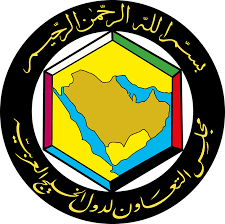DUBAI: Tensions between the U.S. and Iran have increased, but S&P Global Ratings has not changed any bank or sovereign ratings or outlooks in the Gulf Cooperation Council (GCC).
In a Credit FAQ titled “A Sharp Increase in Geopolitical Risk Could See GCC Banks Require Sovereign Support,” S&P answer investors’ questions on how the agency view the situation from a credit perspective and present some bank-funding-related hypothetical stress test scenarios.
These hypothetical tests show that GCC banking systems should be able to absorb substantial foreign funding outflows without government support in a modest stress scenario. However, in a more severe stress scenario, S&P see potential funding gaps emerging in all banking systems aside from Kuwait. Most GCC governments possess sufficient liquid assets and foreign exchange reserves to be in a position to support banks under our stress scenarios. Deploying these assets would be a drain on government assets and could weigh on our sovereign fiscal and external assessments.
In our base case, S&P said, we do not expect direct military conflict between the U.S. and Iran or their regional allies. Furthermore, it added, we expect the Strait of Hormuz to remain open to the global oil trade.
“If the strait were blocked (even for a few days), or if there is a significant escalation in tensions between allies of either the US or Iran that could affect Gulf countries, the potential related loss of investor confidence could weigh on the ratings of GCC banks and sovereigns. We exclude potential second-round effects on banks’ asset quality or capitalisation. Nevertheless, we think these could be significant if tensions were to increase materially.”



